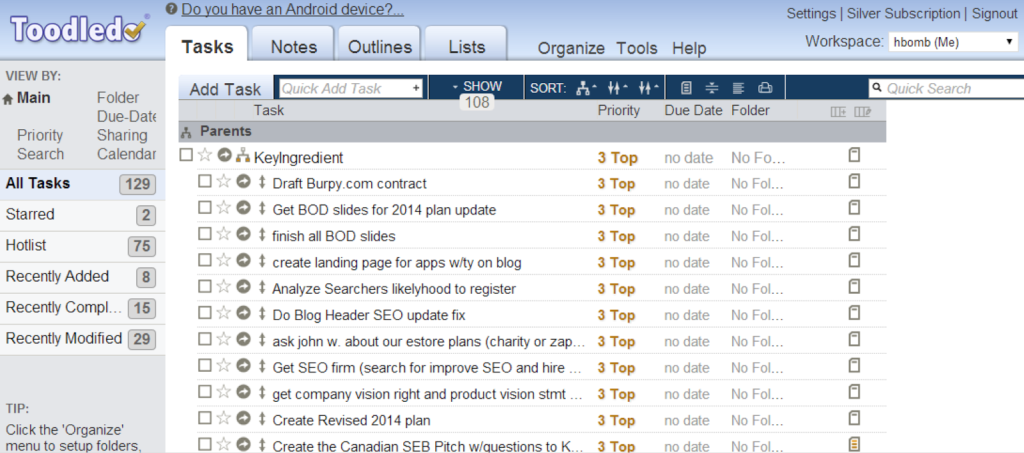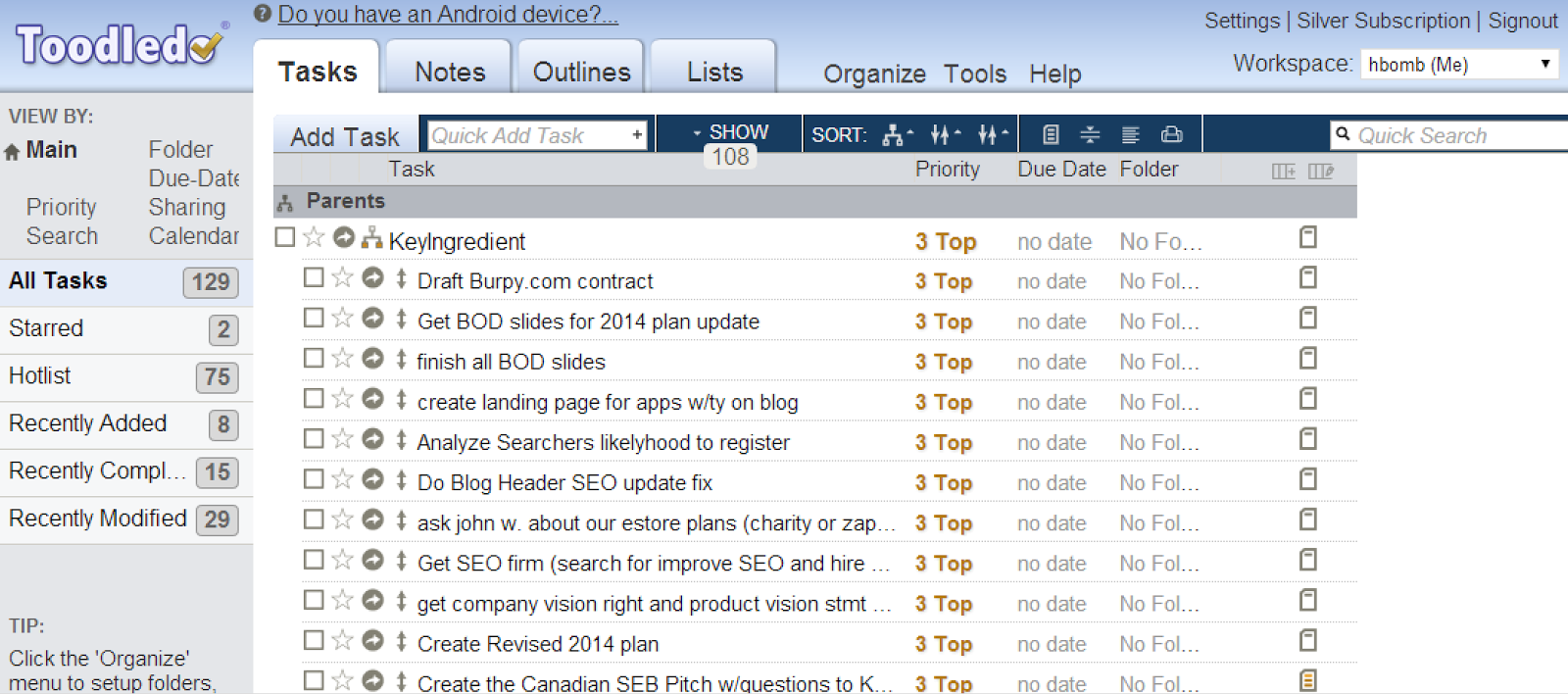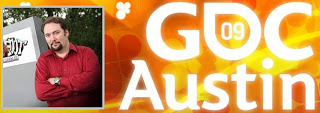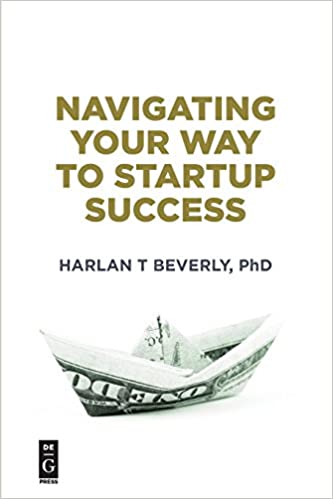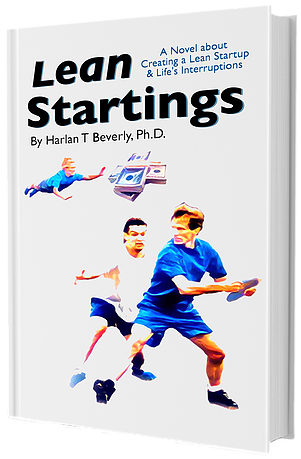What is a Professional? A Professional is someone who a.) gets respect, b.) does not get micro-managed, and c.) usually gets paid more. Here are 10 things you can do to get treated like a professional (the a. and b. part… where the c. part [higher pay] follows closely behind).
- Never, ever, be late.
- It’s a small thing, but it’s #1 for a reason. A Professional is not late, ever, for any reason. Period. A Professional might “reschedule”, but they would never be late.
- Be where you are when you’re there, and be doing what you’re doing when you’re doing it.
- This idea is essential! Never ever multitask. If someone wants to talk to you, STOP what you are doing, take off your headphones, close your laptop lid (maybe not all the way), and talk to them, eye-to-eye. Take notes about your discussion, then when the talking is done, resume what you were doing.
- If you are in a meeting, be in the meeting.. do not check email, do not work, be in the meeting (or not, leave if you must).
- Deliver Results, on-time, every time.
- Professionals get it done. NEVER turn it in late or incomplete.
- Under-promise and Over-deliver.
- Don’t under-promise so low that it’s not useful… but promise only what you are SURE you can deliver.. then do way, way more, every time.
- Become an Expert at Personal Time Management.
- Use a To-Do List System (I like http://toodledo.com & syncs to my phone).
- EVERY task you are assigned gets put on the list ASAP.
- Use a Fool-Proof Calendar System (I like http://calendar.google.com & syncs to my phone).
- EVERY meeting you agree to, gets put in to the calendar ASAP.
- MANGE YOUR TIME to ensure that #3 and #4 happen, for every thing you commit to, every time.
- Never Blame Anyone for Any Mistakes, Ever.
- Simply take responsibility to fix it ASAP… and then fix it. (or improve it).
- Professionals don’t blame, even when it’s not their fault… it’s moot.
- Professionals simply recognize the problem, announce it, and then put in place a plan to fix it. Period. No blame required.
- Be Humble and Share Successes.
- Professionals “have it”, and they know it. So they can share it when they succeed.
- Shared Successes makes you look better.
- Be “an Expert” in your field by simply being the most current.
- Read, read read. Read blogs, articles, and magazines in your field every day.
- Go to conferences and be the most current in your field.
- Be the person people can go to when they want to know what is the latest and greatest in your specific area.
- Dress 1-level above your current job. Every day.
- Do not look to others for your validation.
- You don’t need other people’s approval, you only need to know you did your best.
